Poster: Research on Religion, Displacement, Resilience & Community
If you would like to read our entire research, it is fully available on the Laidlaw Scholars Network.
A critical component of migration studies has been the study of how religion impacts and intersects with experiences of forcible displacement (Hollenbach, 2014). This study enriches current understanding by analysing how Copts as religious minorities organise and operate to be actors of support and resilience to the trauma and barriers faced by Coptic refugees. Drawing on interviews with religious leaders across Europe, this study explores how churches expand their role above simply buildings as sites of worship but becoming sites for emotional, administrative, and humanitarian aid. These religious communities heavily rely on people-based networks to assemble and operationalise. They then employ methods of community support through the creation of safe spaces, delivery of aid, support in paperwork, languages and job opportunities. Critically, they are spaces rich in identity rhetoric which fundamentally changes how refugees interact with these sites. Through these findings, the research underscores the necessity of considering religious institutions as key actors in refugee integration and support, particularly for faith-based minority groups like the Copts.
Acknowledgements:
We would like to firstly express our sincerest gratitude to the Laidlaw Foundation which is the core reason why we were able to conduct this research; they have funded and enabled this research, financially supporting this research, and creating the opportunity for this research to be conducted. The Laidlaw Foundation is a global non-profit dedicated to enriching lives through the transformative power of education, particularly focusing on individuals from underserved communities. The Laidlaw Scholars Leadership & Research Programme invests in passionate undergraduate students to become ethical leaders in every sector and geography.
Secondly, we would like to give our gratitude to Philip Rauber and Kelly Zerrouk who were invaluable sources of help during the completion of this project as our LSE-Laidlaw Leaders. Additionally, we would like to thank Dr Ioanna Gouseti, our supervisor who was immensely supportive with her guidance and expertise during this project.
Finally, our biggest thanks goes to all the participants from the Coptic Orthodox Church who we interviewed for their graciousness, hospitality, and generosity with their time. We are incredibly grateful that they opened their doors to us, allowing us a glimpse into their lives and experiences
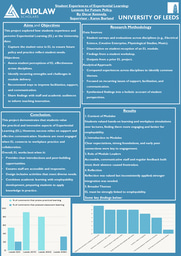
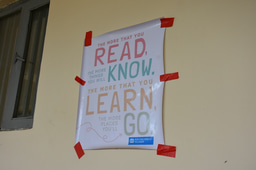
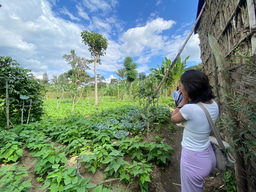
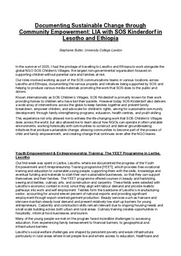
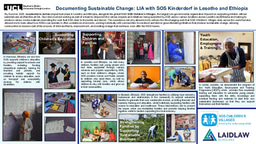
Please sign in
If you are a registered user on Laidlaw Scholars Network, please sign in